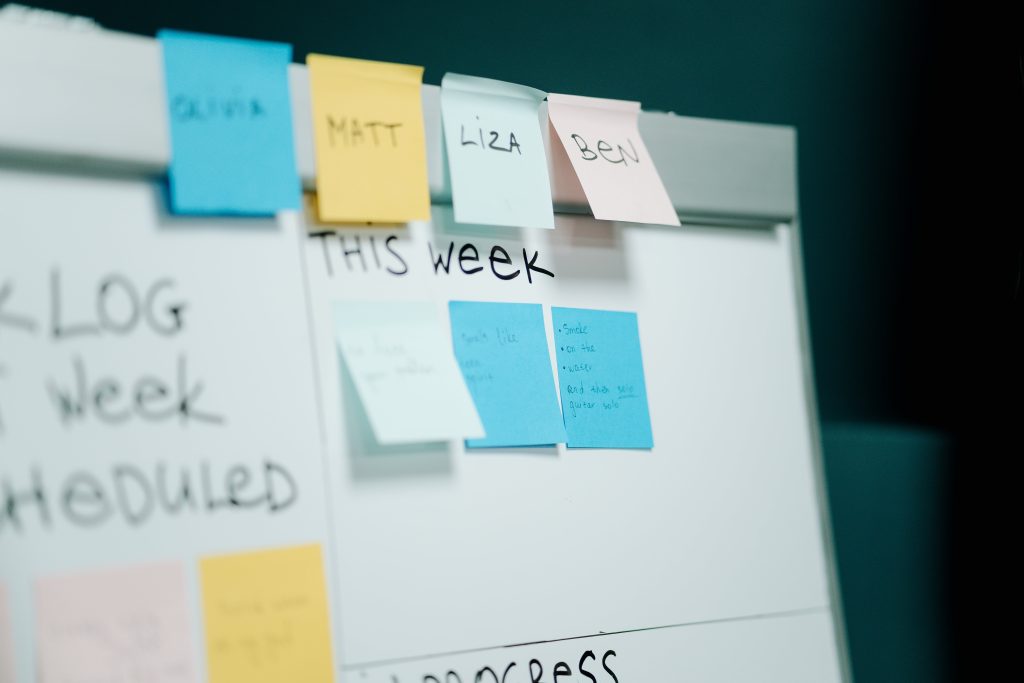Have you ever felt overburdened by the duties of your job? Workplace stress is frequently viewed as unavoidable because of demanding clients, deadlines, and never-ending emails. What if I told you that you might once more be in charge?
In the professional world, stress is as common as an overfull inbox, let’s face it. It’s the coworker you can never seem to get rid of, the constant companion that keeps bringing up obligations, deadlines, and the never-ending to-do list. Stress can be a motivator, but when it’s unmanaged, it takes control and determines your performance as well as your focus and attitude.

you are aware of the negative effects of stress and are always on edge. It’s the constant loop of deadlines and responsibilities, the fear of falling behind, and the unrelenting pressure to deliver.

Cracking the Code: There’s hope on the horizon! By delving into research and drawing from personal experiences, we’ve uncovered practical solutions to ease stress and reclaim ownership of life and career. These findings have reshaped work habits, fostering greater focus, productivity, and harmony.

Stress can arise in professionals due to a multitude of factors, both internal and external. Here are some key contributors:
External Factors:
- Tight deadlines and a heavy workload: Having unreasonable expectations and a continuous backlog of work can be debilitating and stressful.
- Lack of control: It can be upsetting and demoralizing to feel as though your effort isn’t appreciated or that you have no voice in decisions, which can cause stress.
- Toxic work environment: Stressful situations can be brought on by handling conflict, having poor communication skills, or having unpleasant encounters with bosses or coworkers.
- Lack of work-life balance and extended working hours: Burnout and stress can result when work interferes with personal life, making it difficult to unwind and recharge.
- Uncertainty and change: Anxiety and stress might be brought on by job instability, corporate reorganization, or abrupt process changes.

Internal Factors:
- Perfectionism: Aiming for perfection can put undue strain on oneself and generate unreasonable expectations, which can cause stress and disappointment.
- Negative self-talk: can have a detrimental effect on your confidence and increase stress if you find yourself berating yourself or dwelling on your shortcomings all the time.
- Absence of coping mechanisms: Stress can quickly get the better of you if you haven’t learned effective coping techniques.
- Financial issues: Stress and anxiety might arise from personal financial troubles that are carried over into your professional life.

It’s important to remember that each individual experiences stress differently, and what might trigger stress for one person might not affect another. It’s also important to note that stress isn’t inherently bad. In small doses, it can even be motivating and help us perform better. However, when stress becomes chronic and overwhelming, it’s crucial to develop healthy coping mechanisms to manage it effectively.
Here are some actionable tips to manage stress and improve focus:
1. Ace the Small Objective:
Why it helps: Little, reachable objectives provide you with a feeling of achievement, keeping you spurred and less wrecked.
The downside of skipping: Unreasonable objectives make tension and dissatisfaction, prompting expanded pressure and diminished efficiency.
Make it a habit: Launch your day with 3-5 little assignments. Reward yourself subsequent to finishing them to support the propensity and move it along!

2. Taming the Task List:
Why it helps: Writing down errands clears your psyche and decreases tension. A visual arrangement assists you with zeroing in on needs and remain coordinated.
The downside of skipping: Having a scattered and uncertain outlook on what to do next can be intellectually depleting, prompting dawdling and missed cutoff times.
Make it a habit: Keep an organizer or plan for the day application helpful. Update it consistently as new errands emerge.

3. Boundaries: Your Stress-Busting Shield:
Why it helps: Defining limits protects your energy, forestalling burnout. Saying “no” to interruptions takes into account centered work and equilibrium.
The downside of skipping: Being continually accessible can deplete you and strain your own life and by and large prosperity.
Make it a habit: Impart limits obviously. Begin by saying “no” to one less solicitation everyday. Use phrases like “I’m as of now dedicated to…” or “We should examine this sometime in the not too distant future.”

4. Reminder Rescue: Don’t Let Tasks Slip Away:
Why it helps: Setting updates over the course of the day guarantees you remain focused with your plan for the day .
The downside of skipping: Neglected undertakings can accelerate into missed cutoff times and make pointless pressure.
Make it a habit: Use schedule updates, telephone warnings, or tacky notes put right in front of you.

5. Delegate for Success:
Why it helps: Designating undertakings saves your chance to zero in on your assets and more elevated level liabilities.
The downside of skipping: Attempting to do all that yourself can prompt burnout, diminished nature of work, and disdain towards your responsibility.
Make it a habit: Distinguish undertakings that others can deal with capably. Be clear about assumptions and offer important help.

6. Single-Tasking: The Calming Power of Focus:
Why it helps: Performing multiple tasks pieces your consideration and decreases productivity. Zeroing in on each errand in turn works on your precision, imagination, and memory.
The downside of skipping: Performing multiple tasks prompts blunders, delays, and expanded pressure.
Make it a habit: Put away devoted time blocks for explicit assignments and try not to switch between them.

7. Rise and Conquer: Morning Power Hours:
Why it helps: Handling your most significant and testing undertakings first thing, when your energy levels are ordinarily most noteworthy.
The downside of skipping: Leaving your hardest undertakings for later can prompt lingering, uneasiness, and a sensation of being continually behind.
Make it a habit: Distinguish your most significant assignments for the afternoon. Plan them for the initial not many hours of your morning when you feel generally ready and centered.

We invite you to take a free demo on Clan.
Clan is a CRM platform designed to tackle management issues head-on, empowering you to overcome challenges and thrive in your professional journey. Experience the difference CRM can make in your life—schedule your free demo today!

Leave a Reply